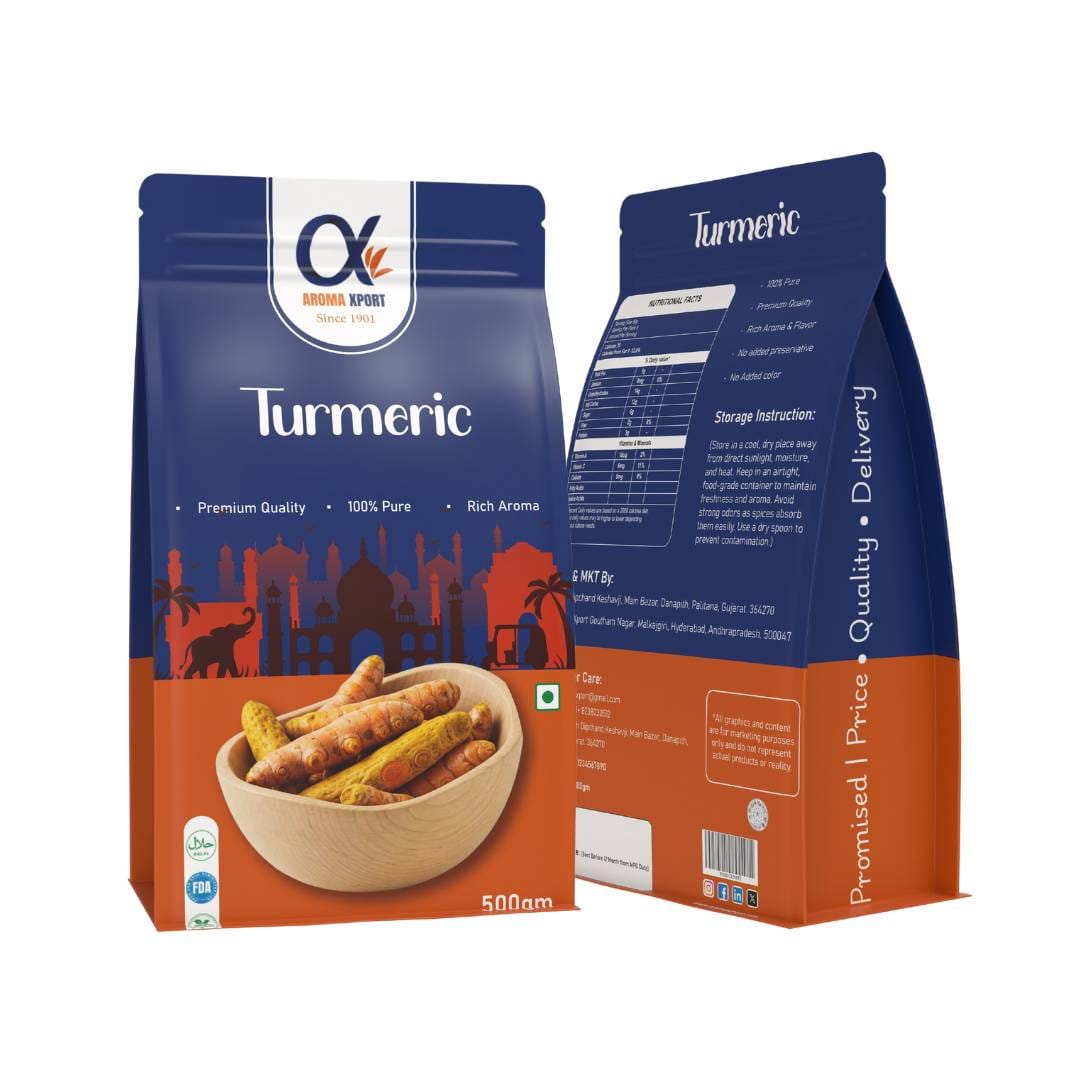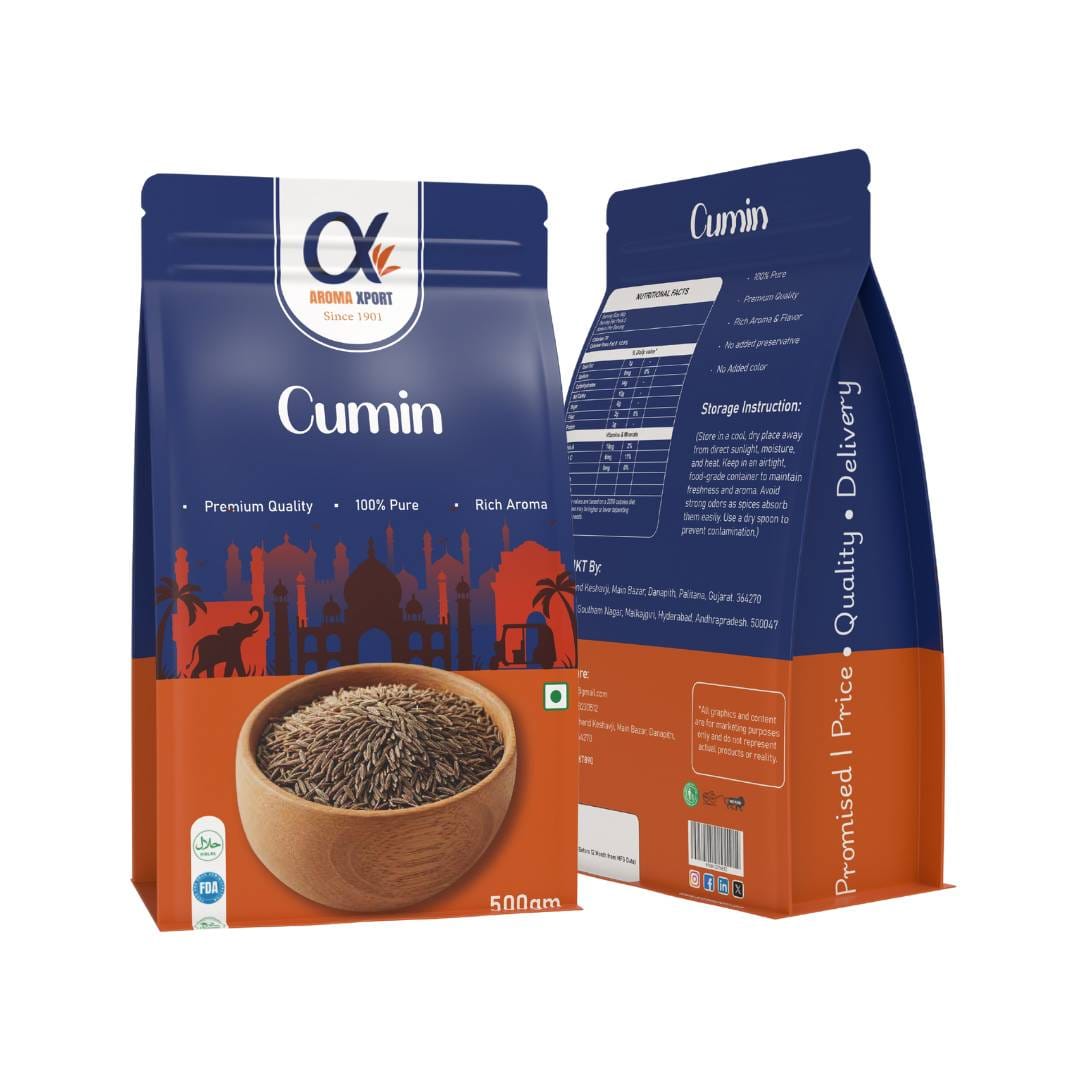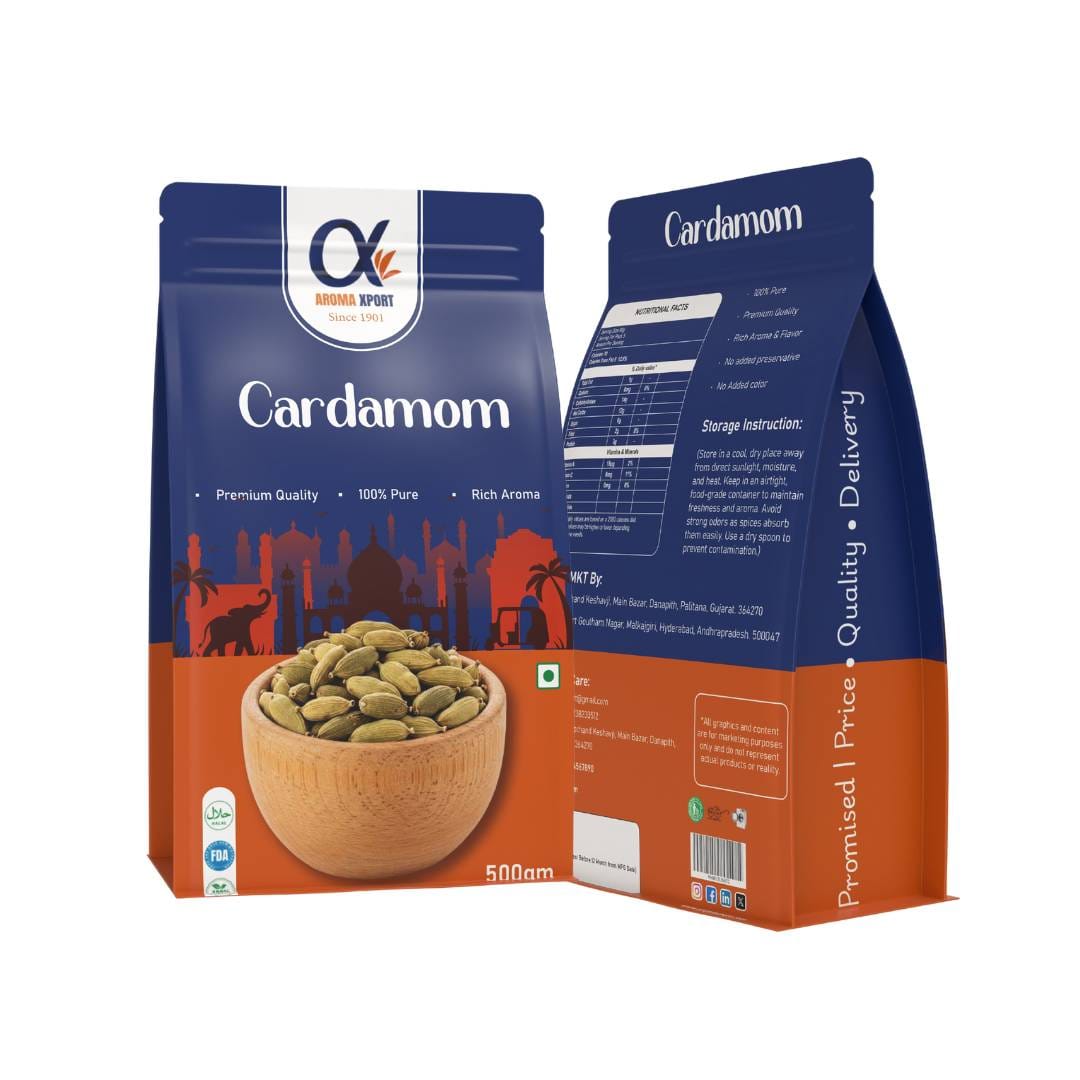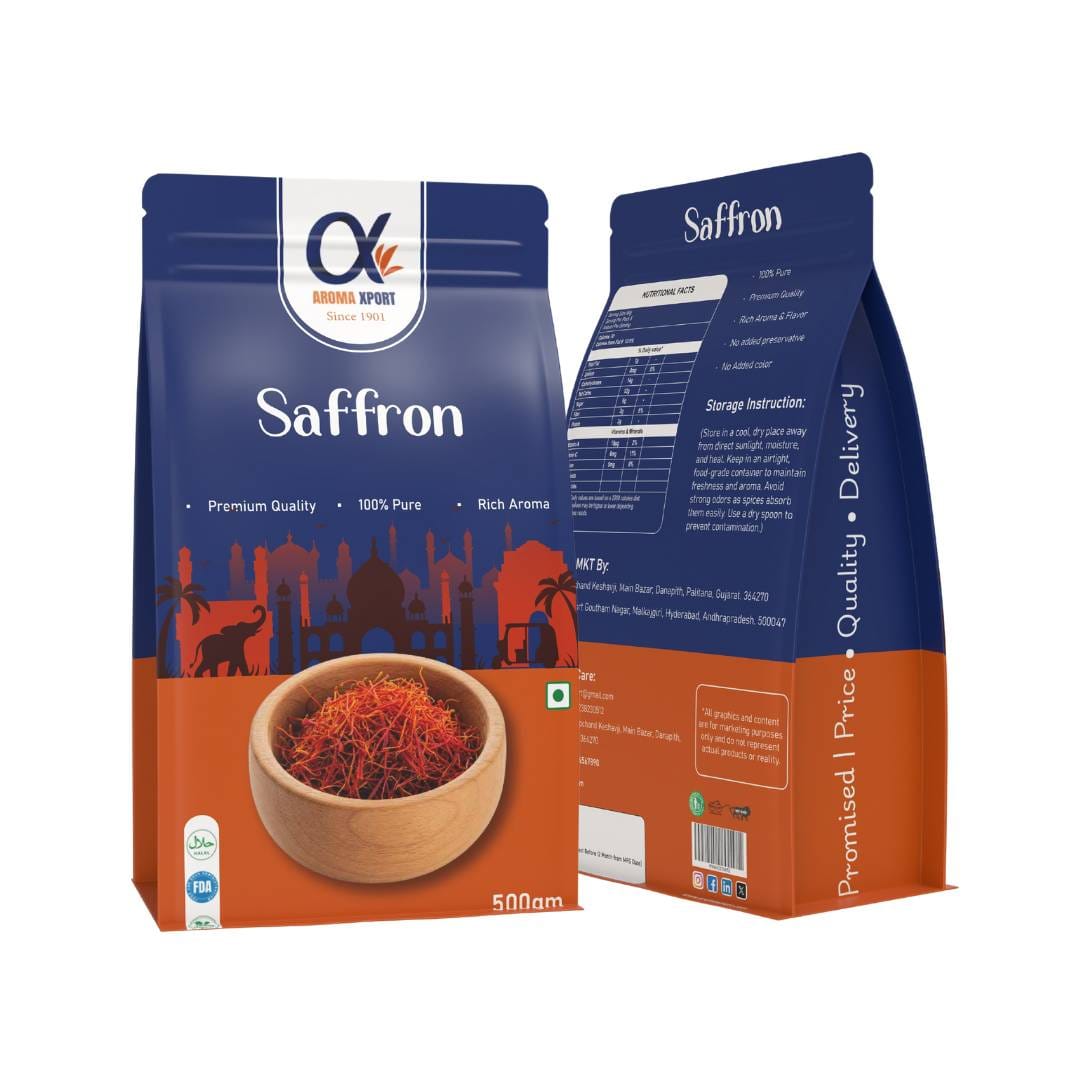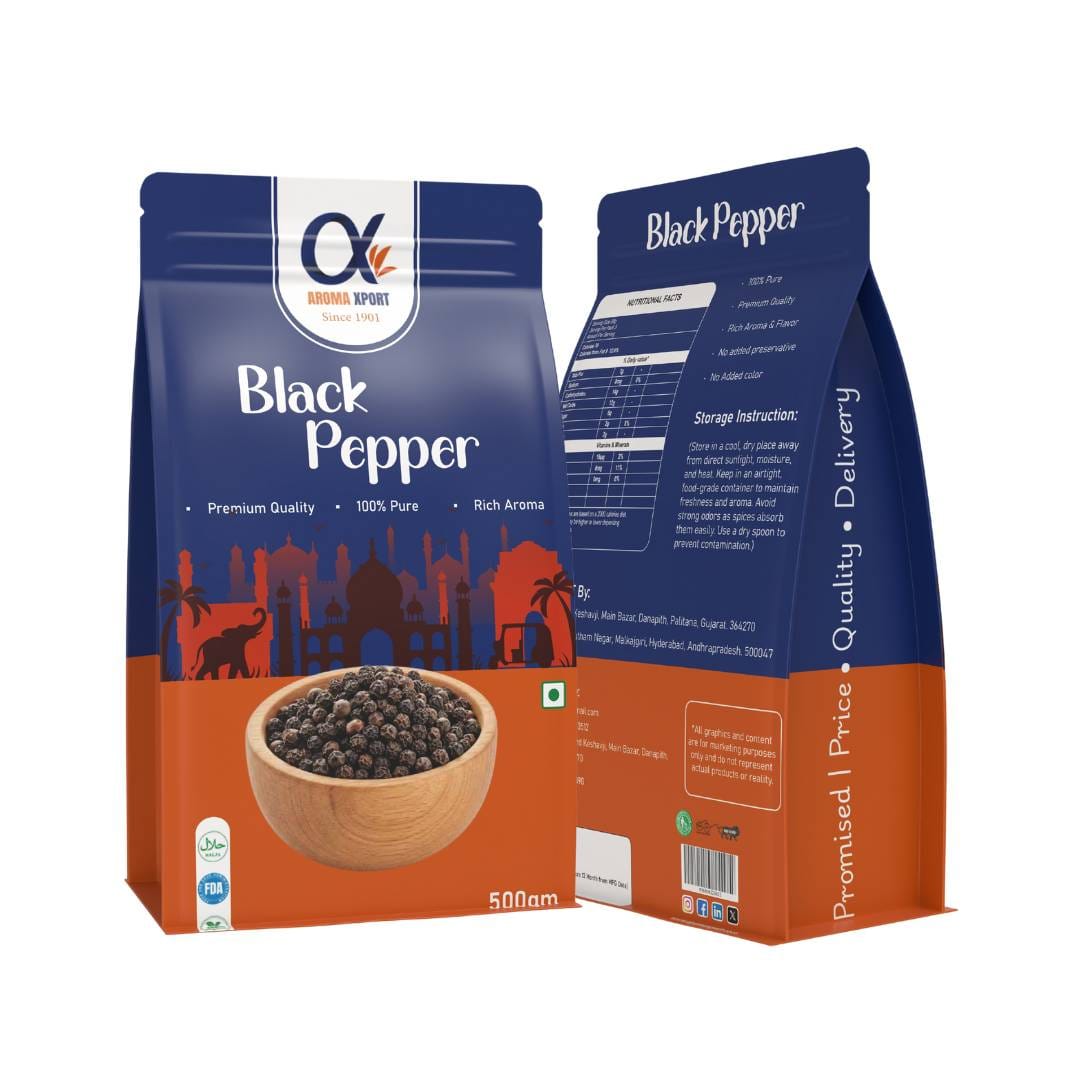Description
Use:
- Culinary: Turmeric Finger is a key ingredient in Indian, Southeast Asian, and Middle Eastern cuisines. It is commonly used fresh, dried, or ground to impart a warm, peppery flavor and golden hue to dishes such as curries, rice, soups, and stews.
- Traditional Medicine: Turmeric has a long history in traditional medicine for its anti-inflammatory, antioxidant, and antimicrobial properties. It is used in various forms to promote overall health and wellness.
Origin:
- Turmeric is native to South Asia, particularly India, where it has been cultivated for over 4,000 years. It is also grown in other tropical regions including Southeast Asia and parts of Africa.
Health Benefits:
- Anti-inflammatory: Curcumin, the active compound in turmeric, is known for its powerful anti-inflammatory effects, potentially aiding in the treatment of conditions like arthritis.
- Antioxidant: Turmeric is rich in antioxidants that help protect cells from damage caused by free radicals.
- Digestive Health: It may support digestive health by stimulating bile production and aiding in the breakdown of fats.
- Skin Health: Turmeric is used in skincare products for its potential to improve skin conditions due to its anti-inflammatory and antimicrobial properties.
Indian Names for Turmeric:
- Hindi: हल्दी (Haldi)
- Tamil: மஞ்சள் (Manjal)
- Telugu: పసుపు (Pasupu)
- Kannada: ಅರಿಶಿನ (Arishina)
- Malayalam: മഞ്ഞള് (Manjal)
- Bengali: হলুদ (Holud)
- Gujarati: હળદર (Haldar)
- Marathi: हळद (Halad)
- Odia: ହଳଦୀ (Haladi)
Foreign Names for Turmeric:
- Spanish: cúrcuma
- French: curcuma
- German: Kurkuma
- Italian: curcuma
- Portuguese: cúrcuma
- Dutch: kurkuma
- Russian: куркума (kurkuma)
- Arabic: الكركم (al-kurkum)
- Turkish: zerdeçal



